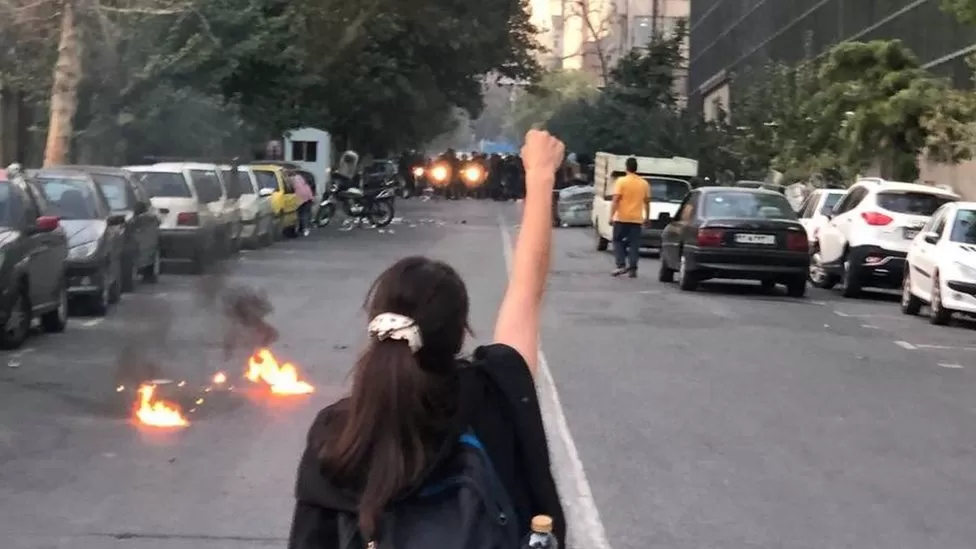Amidst all of the police brutality portrayed in U.S. media, some cases resonate, like that of Trayvon Martin, Michael Brown or Amadou Diallo. When watching all of the violence, racism, and people suffering, I can’t help but ask myself one question: why are the police officers regulating traffic the same ones that handle murder scenes, criminal searches and drug busts?
A while ago, that very thought was posed by the Spanish government.
Paramilitary police force
Under the rule of dictator Francisco Franco, Spain had a paramilitary police. Under the regime, those forces were brutal; they were regarded as a “reactionary element,” continually abusive and very disconnected from the population they were supposed to protect. The police for Franco was a political tactic, used to control and scare the public. It was very successful in doing so, as even today the Francoist force is regarded as a nightmare.
If that sounds familiar, it’s because it is. In the U.S., countless reports of police brutality and violence have been filed. The Washington Post database reports 1,003 police shootings in 2019. As a result, movements like “Hands Up, Don’t Shoot” made their way into mainstream media, with the very clear message that cops are not to be angered, or they will become violent with no restrain. Black victims are disproportionately more frequent in these statistics, making up only 13% of the total population but a whopping 36% of police shootings. There is a disconnect between U.S. police and the public, particularly the Black public.

Franco out, Constitution in
When Spain was going through a similar crisis, it was evident as well that the situation had to change. Eventually, the dictatorship ended, and in 1975, Spain established a new Constitution. In March 1986, that Constitution was amended to redefine the functions and the operating principles of the police forces. It was a general agreement that police needed to be closer to the citizens and better equipped to serve, in addition to legally bound to respect the public.
This resulted in the separation of the general police in two main bodies. First, the Civil Guard, who is responsible for traffic policing in cities, rural communities, coasts, frontiers, ports, and airports; it additionally enforces all environmental and conservation laws, as well as those pertaining to hunting and fishing among other duties. Essentially, the Civil Guard is there to handle traffic violations, littering and common breaches of the law.
Secondly, there is the National Police Corp, which handles all “bigger” cases. They will be the ones at murder scenes, conducting drug searches and handling suspects. These are also only present in communities of more than 20,000 inhabitants, leaving the Civil Guard to handle smaller communities (where the criminal activity, due to lower population, is also significantly lower).
Implementing this system in the U.S.

Such a division of police would benefit the United States, and reduce the cases of police brutality towards Black people as well. When someone is trained to do high-risk jobs like handle murder suspects and dangerous criminals, but also performs routine traffic stops, the lines are easily blurred. It is easy for someone trained to be on high alert at all times to let bias take over, even in situations where there is no risk at all. Many of these police brutality are occurrences where the threat perceived by the officer was bigger than what the victim actually presented. In many incidents, the racialization of crime and the association of Black people, particularly men, with dangerous crime is a bias that leads to fatal brutality. If the officer has blurred expectations, and a strong racial bias, the danger for the public is imminent.
It is difficult to eliminate systemic, ingrained racial bias. But what can be eliminated are the aforementioned blurred lines in a police officer’s job description. By dividing the police like such in the United States, the force would get the advantage of a simpler, targeted job. The multifaceted job description of police officers in this country is not the single reason for police brutality, but differentiating between regulatory and criminal police would be a step towards ensuring a better connection to and treatment of all of the American public.
Cover Image: MarylandToday



